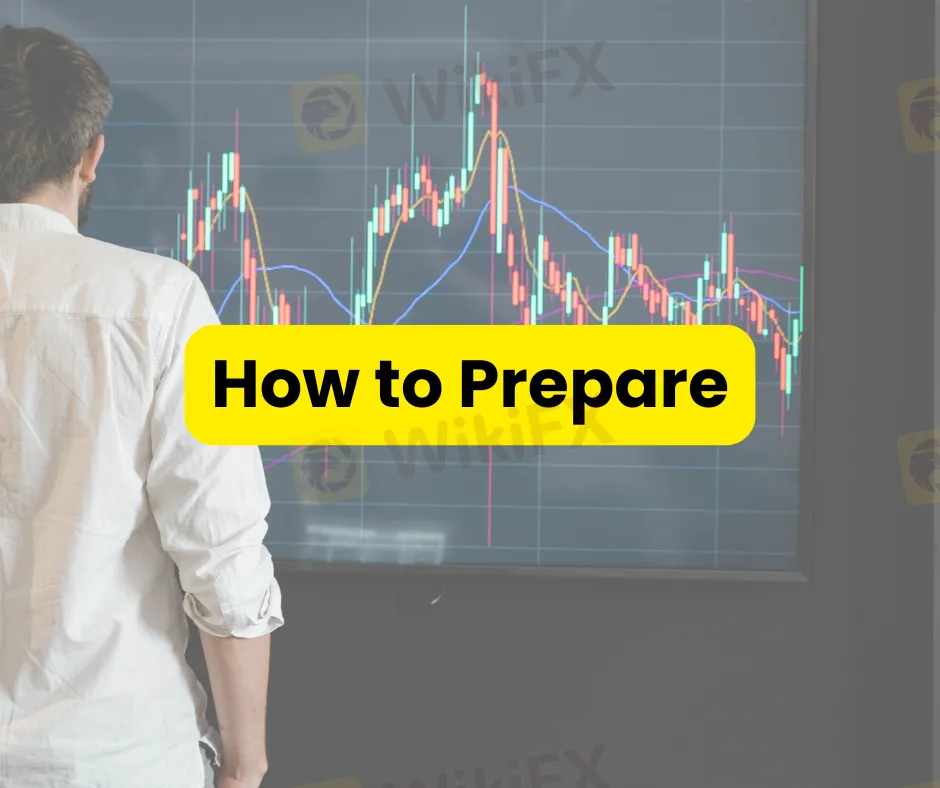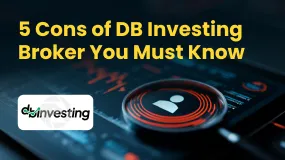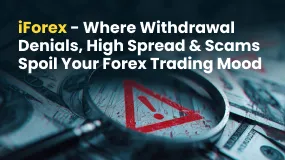A Beginner’s Guide to Trading Forex During News Releases
Abstract:In the world of currency trading, few moments offer as much potential or peril as a major news release. For beginner traders looking to make money with forex, understanding how to navigate economic announcements is not just useful, it’s essential.

In the world of currency trading, few moments offer as much potential or peril as a major news release. For beginner traders looking to make money with forex, understanding how to navigate economic announcements is not just useful, its essential.
The forex market operates 24 hours a day, five days a week, and its heartbeat is often set by a stream of global news, from inflation data in the UK to interest rate decisions in the US. These scheduled economic events create short-term volatility that can reward those with sharp timing and a solid grasp of basic forex knowledge.
To understand what moves the forex market, start by looking at economic calendars. Releases such as U.S. non-farm payrolls, Bank of England rate decisions, and Eurozone inflation figures routinely shift major currency pairs within seconds. Because the U.S. dollar is involved in nearly 90% of global forex trades, American economic data tends to cause huge ripples across the market.
For example, a higher-than-expected inflation reading in the U.S. might fuel speculation that interest rates will rise, boosting the dollar and shaking up pairs like EUR/USD or GBP/USD. Conversely, disappointing figures can send traders fleeing from the greenback.

Before any major news release, professional traders often monitor for price consolidation, that is, a period when the market becomes quiet, coiling in anticipation of the upcoming data. This creates an opportunity: if the news breaks strongly in one direction, prices may surge or fall sharply, breaking out of the range.
Beginner traders can capitalise on this by setting up trades just outside the consolidation range, prepared to catch the breakout. However, this approach requires careful planning and risk management. Spreads can widen and slippage can occur, particularly in the seconds following high-impact announcements.

Not all news moves every pair. Focus on the major currencies, such as the U.S. Dollar (USD), Euro (EUR), British Pound (GBP), and Japanese Yen (JPY). These are most liquid and most responsive to data releases. Pairs like EUR/USD or GBP/JPY offer a balance of volatility and liquidity ideal for news trading strategies.
If you‘re keen to learn to trade forex successfully, studying how currencies react to economic news is a powerful place to begin. But, it is important to remember that trading the news is not for the faint-hearted. Sharp price movements can lead to swift gains or losses if your strategy and risk controls aren’t sound.
Ultimately, combining your basic forex knowledge with a disciplined approach to news trading can give you an edge in a fast-moving market. Keep an eye on the calendar, respect the volatility, and never underestimate the power of preparation. After all, in forex trading, news doesnt just inform, but it also moves markets radically.

Read more

5 Cons of DB Investing Broker You Must Know
It's always advisable to read online review articles about forex brokers you are thinking to Invest your money with. The forex market has become increasingly unsafe due to the rise of fraudulent brokers. Review articles help you spot scam brokers and protect your money. Read this important article about DB Investing to stay fraud alert.

iForex - Where Withdrawal Denials, High Spread & Scams Spoil Your Forex Trading Mood
Are high spreads charged by iForex disallowing you to make profits? Do you feel that you will never be able to withdraw from iForex? It's nothing new! Read this exposure story where we have highlighted complaints from several investors.

Forex Hedging Strategies - Calming You Amid Market Chaos
Finding it hard to deal with the forex market volatility? Do those ups and downs in currency pair prices make you more nervous or worried? You need the right forex hedging strategies. As a concept, forex hedging is about strategically opening additional positions to stay immune against adverse forex price movements. It’s about offsetting or balancing your current positions by buying or selling financial instruments. As a trader, your risk exposure is reduced, hence limiting your potential losses.

Scam Alert: Cloned Broker Scams on the Rise
Reputed authorities like the FCA have issued warnings against brokers who act genuine but are actually fake brokers. They copy details such as logos, names, branding, and sometimes even employee appearances to trick investors and steal money from them.
WikiFX Broker
Latest News
What Is Forex Currency Trading? Explained Simply
LSEG Announces £1 Billion Share Buyback Program
Ultima Markets enters the UK and gains the FCA license
SEC Lawsuit Targets Real Estate Fraud Scheme by Joseph Nantomah
A Beginner’s Guide to Trading Forex During News Releases
Forex Hedging Strategies - Calming You Amid Market Chaos
ASIC Regulated Forex Brokers: Why Licensing Still Matters in 2025
SkyLine Judge Community: Appreciation Dinner Successfully Held in Malaysia
Think Uncle Sam Owes $37 Trillion? It's Far Worse Than That
Interactive Brokers: A Closer Look at Its Licenses
Rate Calc
